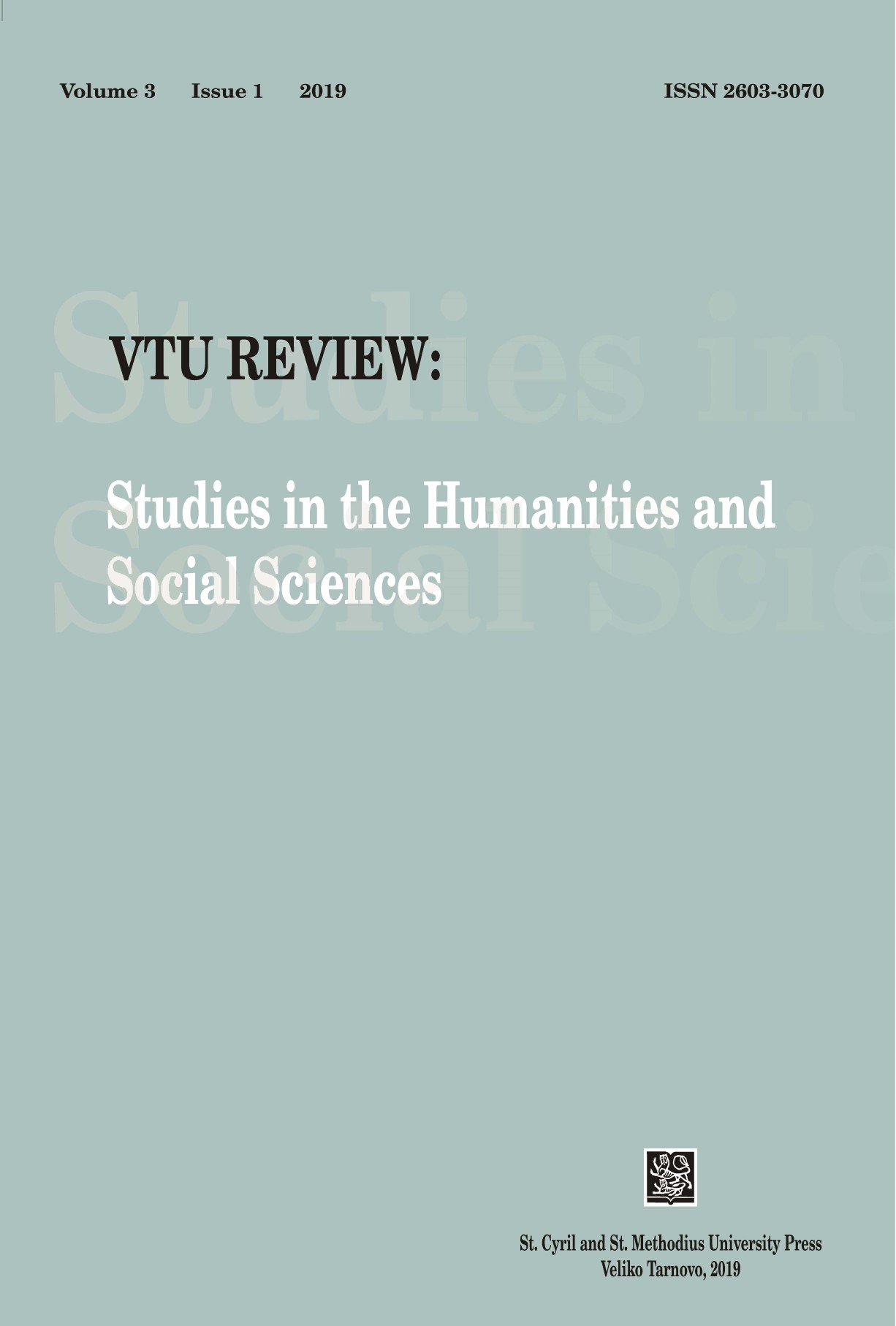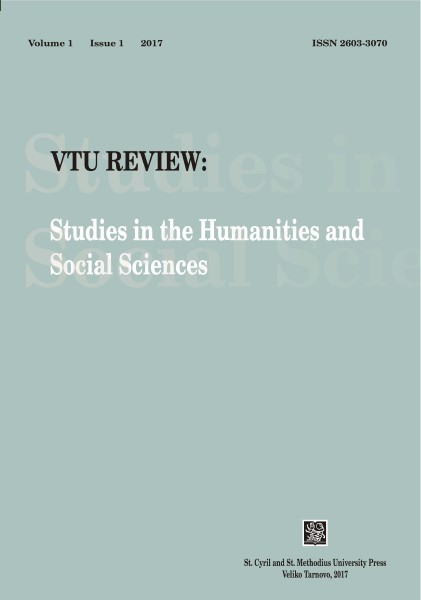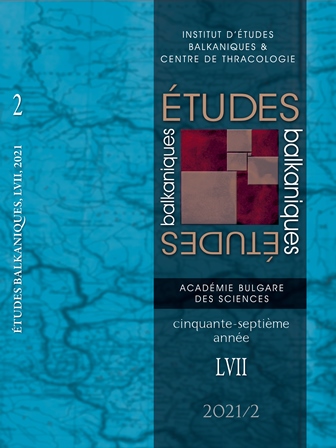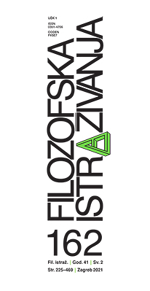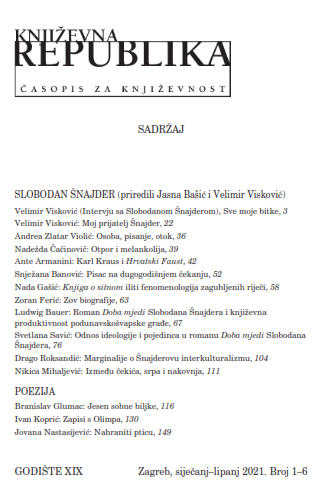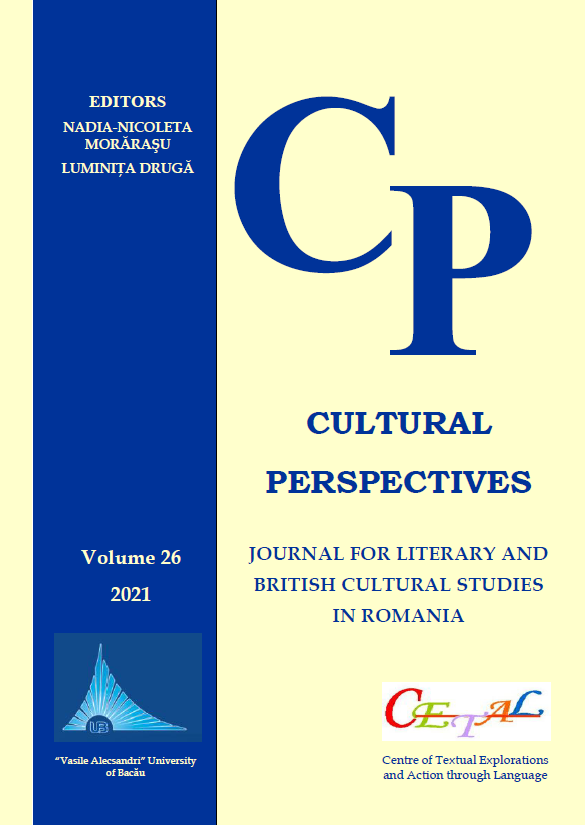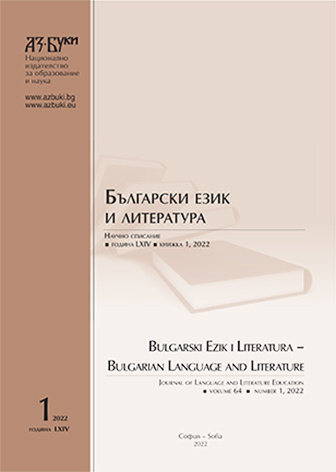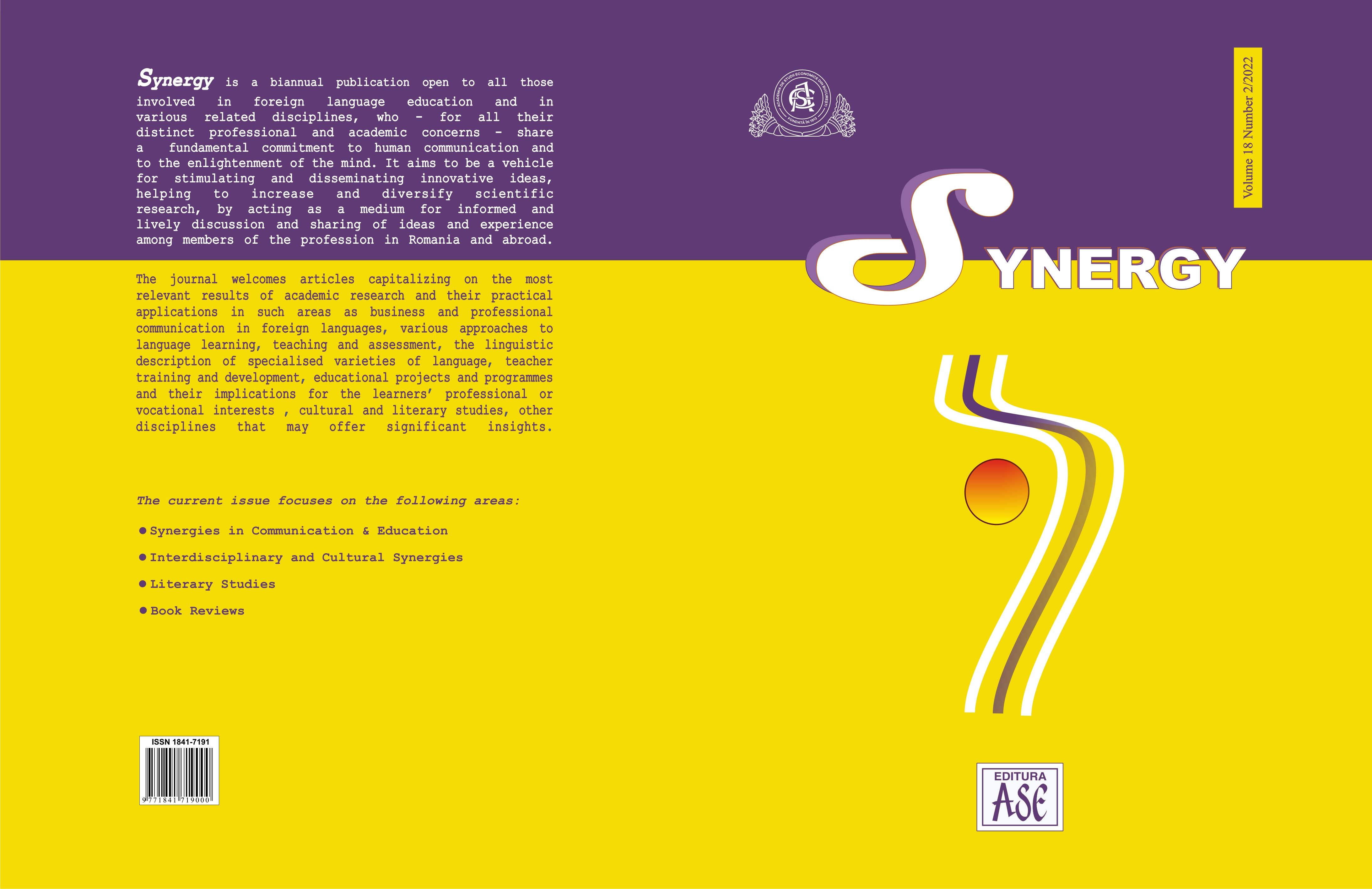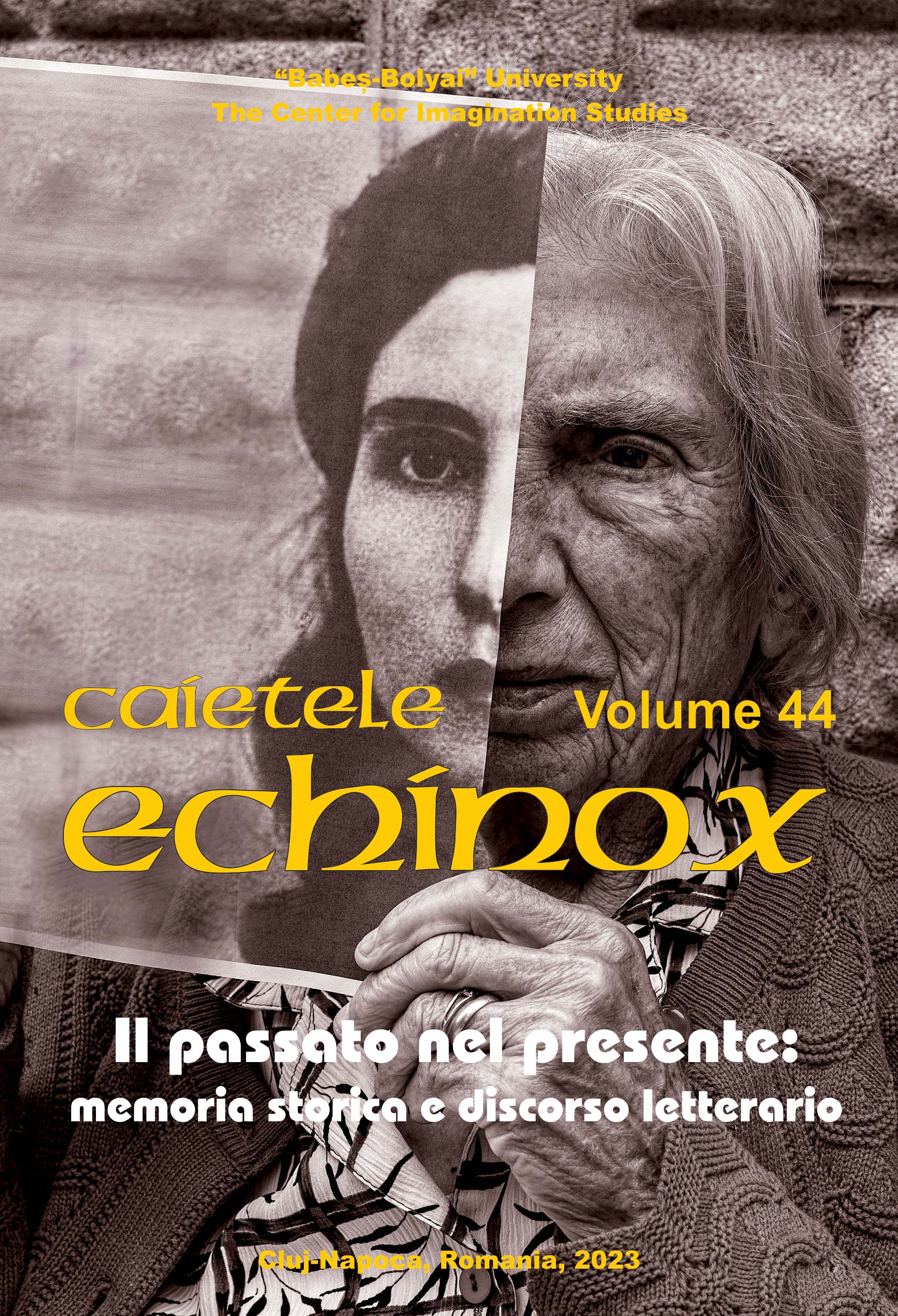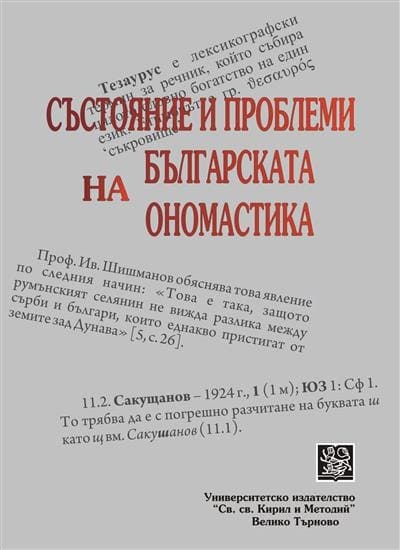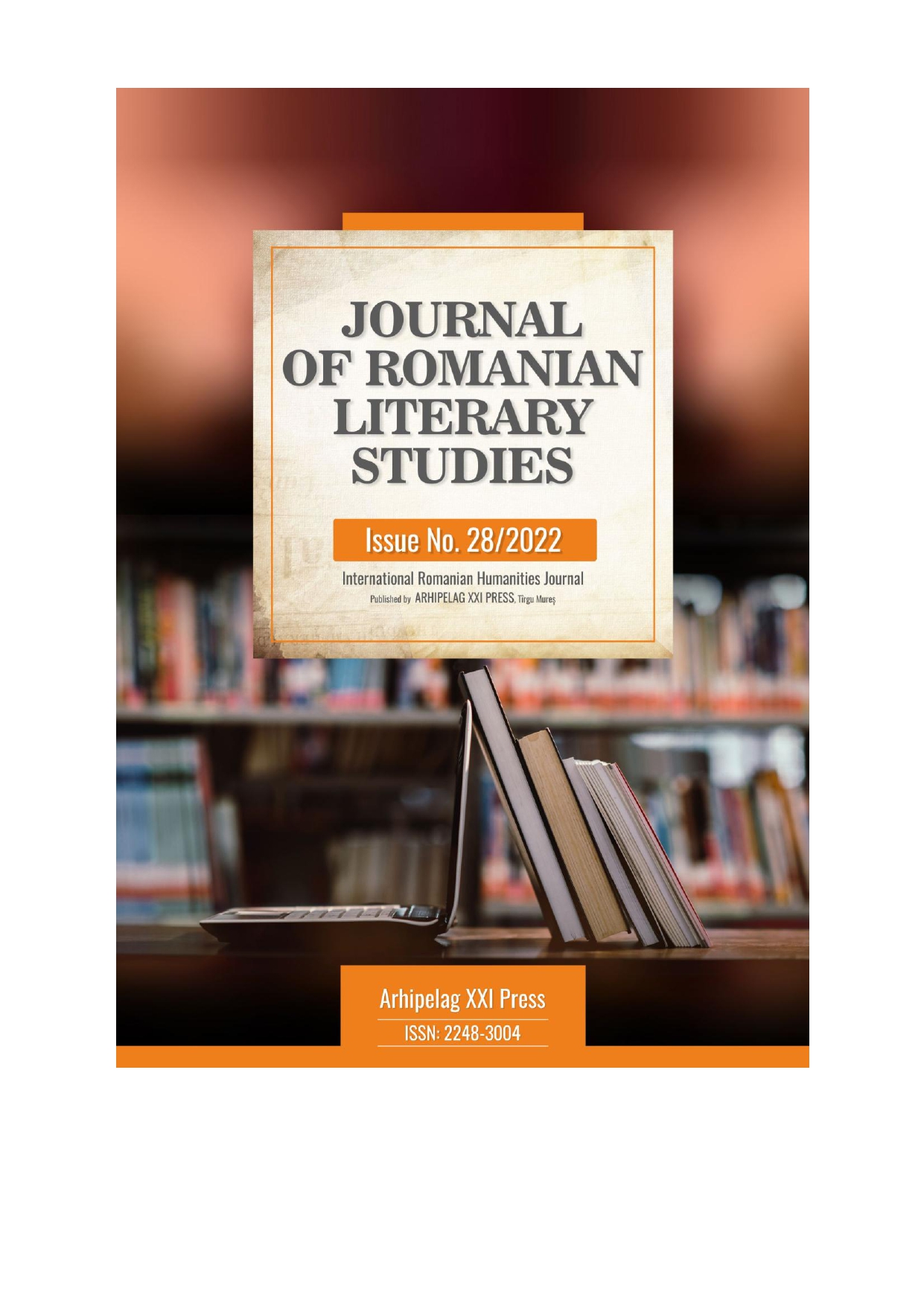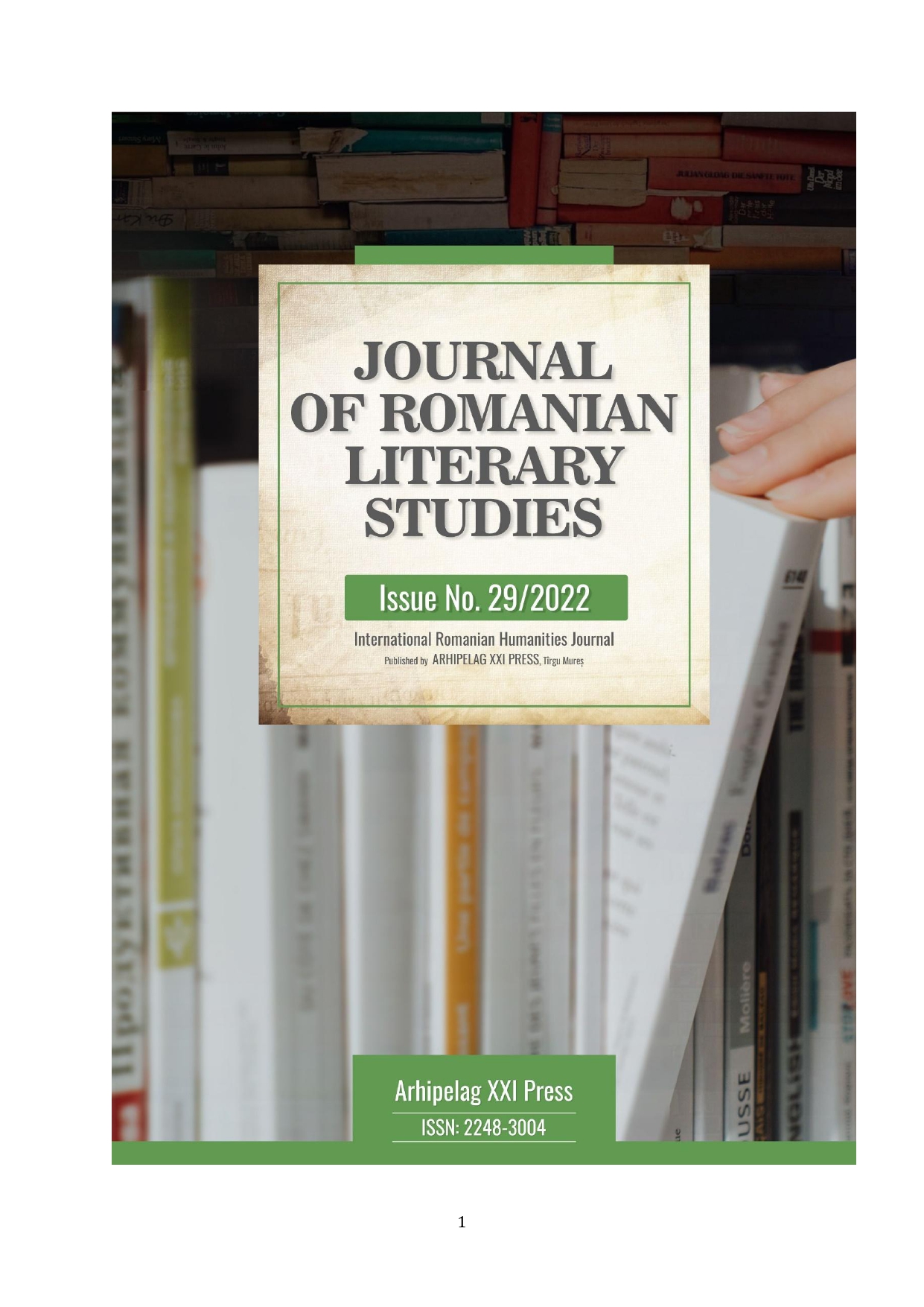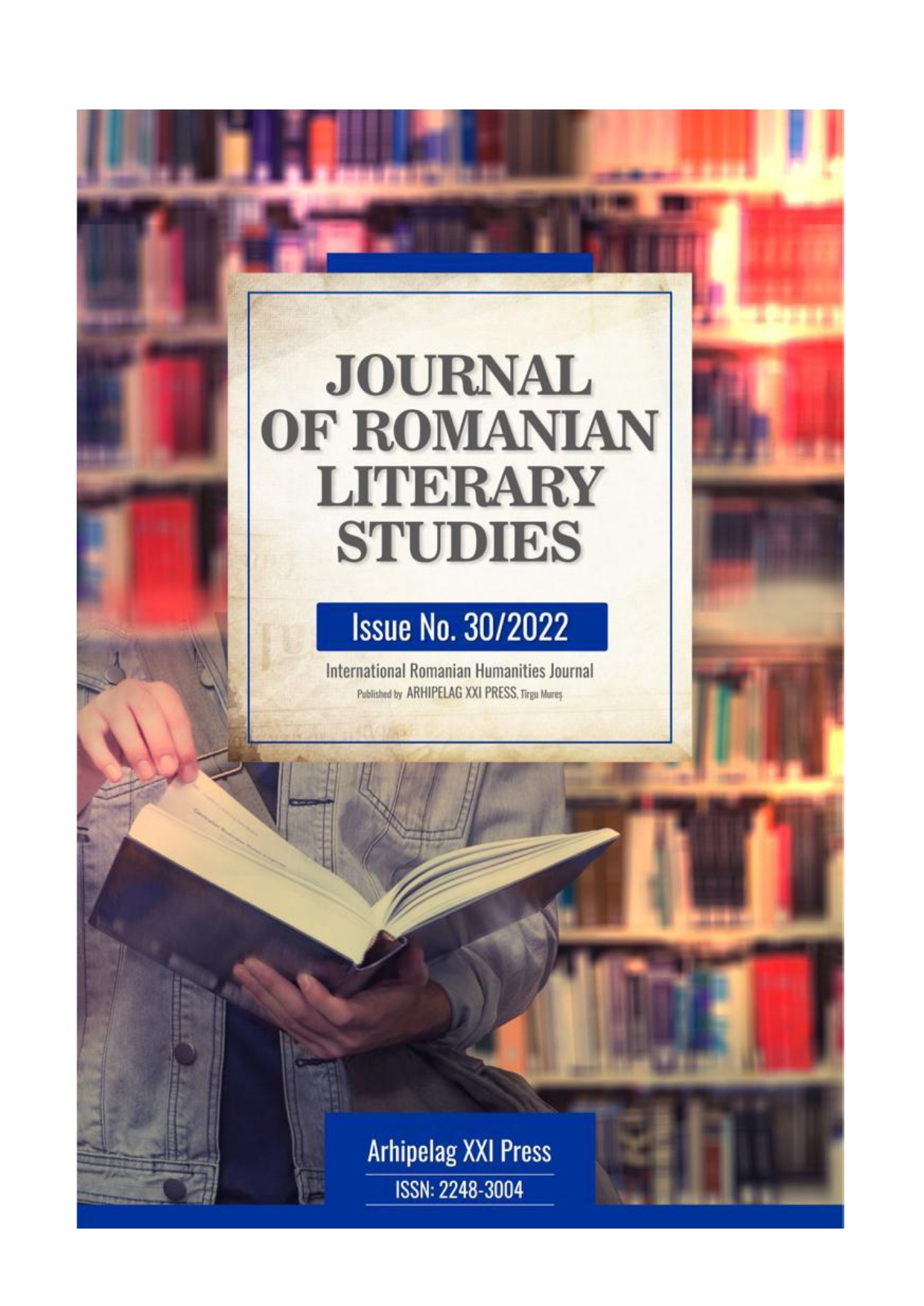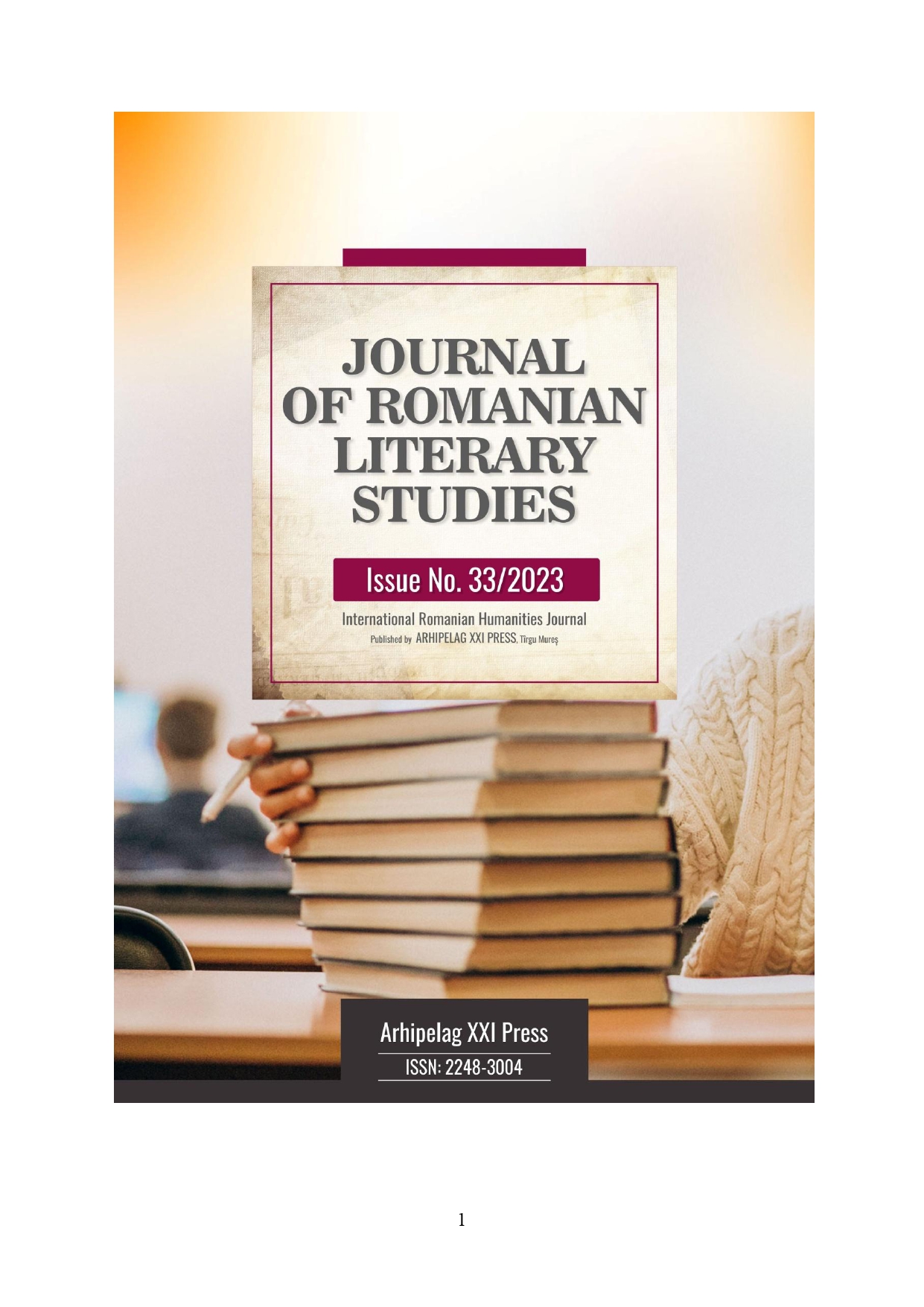Author(s): Amelia TUȚĂ / Language(s): Romanian
Issue: 29/2022
For many writers, the road to suicide was a last resort, a road to no return, but considered a savior. According to Cioran, a written book can delay the suicidal gesture, for this reason, it is considered as a burning flame that lingers incessantly in the artist's consciousness, which he keeps alive. "It is often said that there is a fine line between genius and madness, or that geniuses are misunderstood. Most of the time we find at least a grain of truth in these statements. [...] they live in an eternal conflict not only with the public, which they hope to impress, but also with themselves -because the author is the fiercest (self) critic. ” Creation is life, and when it dies, the writer's life ends. The writing of works is the medicine that each author administers daily, under the strict guidance of the reading public, an audience that the doctor of his spirit considers. When a destabilization occurs in the writer's life, it automatically reflects on the creation, and often the support of the public and the knowledge of success are hit by the external fluctuations of the transformations that the artist goes through. Thus, the fluency and linear trajectory of literary writings are destabilizing, and the lack of this drug metamorphosed into creation leads to death, the death of the writer, the death of creation. As I explained above, Cioran's words, the burning flame, the book that lasts in the artist's consciousness, keeps him alive, by postponing death, but through creation it is consumed. Thus, we will analyze what is its path that leads to death. Throughout most of their lives, writers find nothing in the social environment that imposes an obstacle or a brake, and even if these things start to appear timid, they do not stop, but look for ways to revive and release, as is the case of Paul Celan and Gherasim Luca, who chose to go to France when they were unable to find a purpose in Romania.
More...
